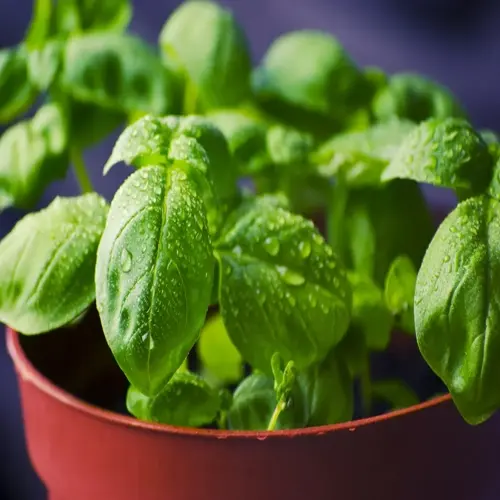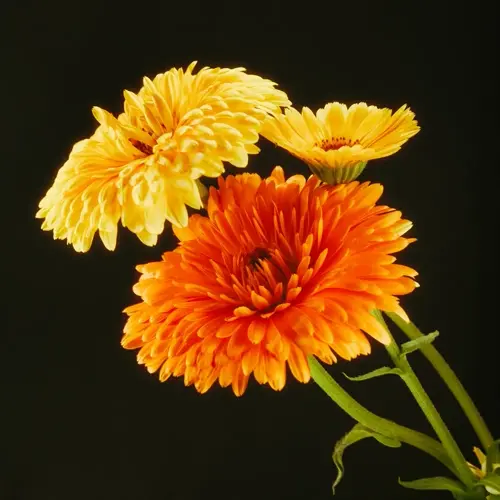Can I grow peppers year-round in containers?

Written by
Liu Xiaohui
Reviewed by
Prof. Samuel Fitzgerald, Ph.D.To successfully grow peppers an entire season in pots, you must understand the seasonal changes. Bring them inside before the first frost and place them in front of a warm, south-facing window with plenty of light. My Thai chilies sustained through the MN winters. The trick is to create summer conditions with grow lights and humidity.
Light Management
- Full-spectrum LED lights provide 12-16 hours daily
- Position 6-12 inches above canopy for compact growth
- Rotate plants weekly for even light distribution
- Supplement natural light during short winter days
Climate Control
- Maintain 65-85°F (18-29°C) with space heaters or mats
- Use humidifiers to keep levels above 40%
- Avoid placing near drafts or heat vents
- Thermometers help monitor microclimates
Seasonal Adjustments
- Winter: Reduce watering frequency by 30%
- Summer: Increase airflow with oscillating fans
- Spring/Fall: Transition plants gradually outdoors
- Yearly soil refresh maintains nutrient levels
Indoor hand-pollination substitutes for outdoor pollinators. Soft artist brushes can be used to move pollen from one flower to another. Hand-pollination is most effective in the morning, when humidity levels are high. I have been pollinating twice weekly during flowering times. This promotes complete fruit sets without the need for bees.
To ensure bushy growth, prune leggy stems on a monthly basis. Cut 45-degree angles above leaf nodes. Remove yellow leaves right away. Fertilize with balanced liquid fertilizer every 3 weeks. My overwintered plants are conversely the earliest each spring because they have been established in soil with roots.
Watch plants for signs of stress, such as leaf curling. If the leaves start to bleach, you should check the light and distance. Mold indicates that air circulation should be enhanced. Quarantine any new plants you bring into your growing area for a minimum of two weeks. These preventive practices maximize your indoor growing success and yield potential.
Read the full article: Ultimate Guide to Growing Peppers in Pots

